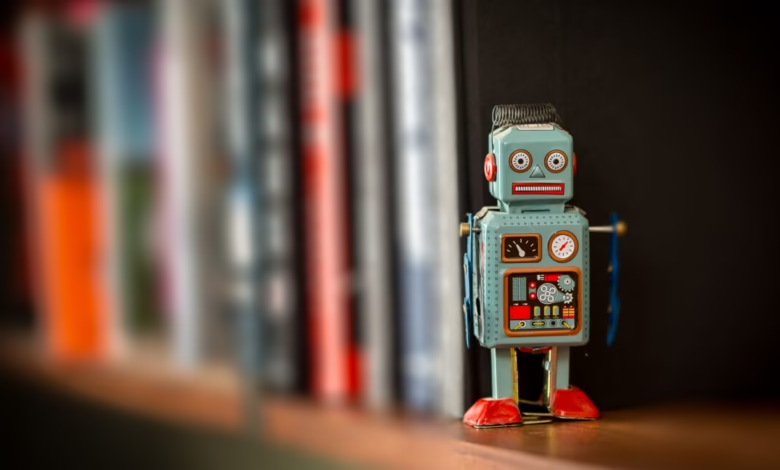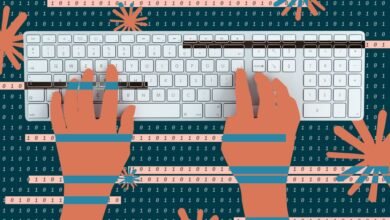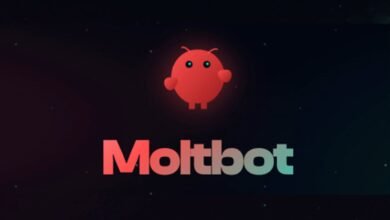Fair Use Ruling Defines AI Training With Books

▼ Summary
– US District Judge William Alsup ruled that AI companies can train large language models on legally acquired books without authors’ permission, deeming it fair use.
– The ruling warns AI companies that using pirated books for training remains an unsettled legal issue, despite the fair use decision.
– Judge Alsup found AI training transformative and necessary for building advanced models, as it doesn’t replicate authors’ works or expressive styles.
– Authors argued AI-generated summaries or alternative versions could compete with their works, but the judge dismissed this as not violating copyright protections.
– The ruling emphasizes copyright law aims to promote original works, not shield authors from competition, comparing AI training to teaching students to write.
A landmark court decision has clarified that artificial intelligence companies can legally use copyrighted books to train their AI models without seeking permission from authors. The ruling by US District Judge William Alsup marks a significant milestone in the ongoing debate over AI and intellectual property rights, potentially shaping how future cases are decided.
Judge Alsup determined that training large language models on copyrighted material qualifies as fair use, provided the content was obtained legally. This verdict specifically addressed a lawsuit filed by authors against Anthropic, the company behind the AI model Claude. The judge emphasized that the process of teaching AI systems to generate original text is fundamentally transformative, a key factor in fair use assessments. Unlike cases where AI outputs directly copy protected works, Anthropic’s model didn’t reproduce the authors’ content or mimic their unique styles, tipping the scales in favor of the tech company.
The decision underscores a critical distinction: AI training isn’t the same as unauthorized distribution or replication. Alsup compared the process to how aspiring writers learn from existing literature, noting that the goal isn’t to duplicate but to innovate. “Anthropic’s models use these works to create something new, not to replace the originals,” he wrote. This reasoning dismisses concerns that AI-generated summaries or adaptations could unfairly compete with the source material, likening such arguments to fearing educated students might flood the market with rival books.
While the ruling bolsters AI developers, it leaves unanswered questions about training models on pirated content, a gray area that future litigation may need to address. Authors opposing the decision argued that AI systems leveraging their work could still undermine their market, but Alsup countered that copyright law aims to foster creativity, not shield creators from all competition. The outcome sets a precedent likely to influence how courts balance innovation with intellectual property rights in the AI era.
(Source: Ars Technica)





